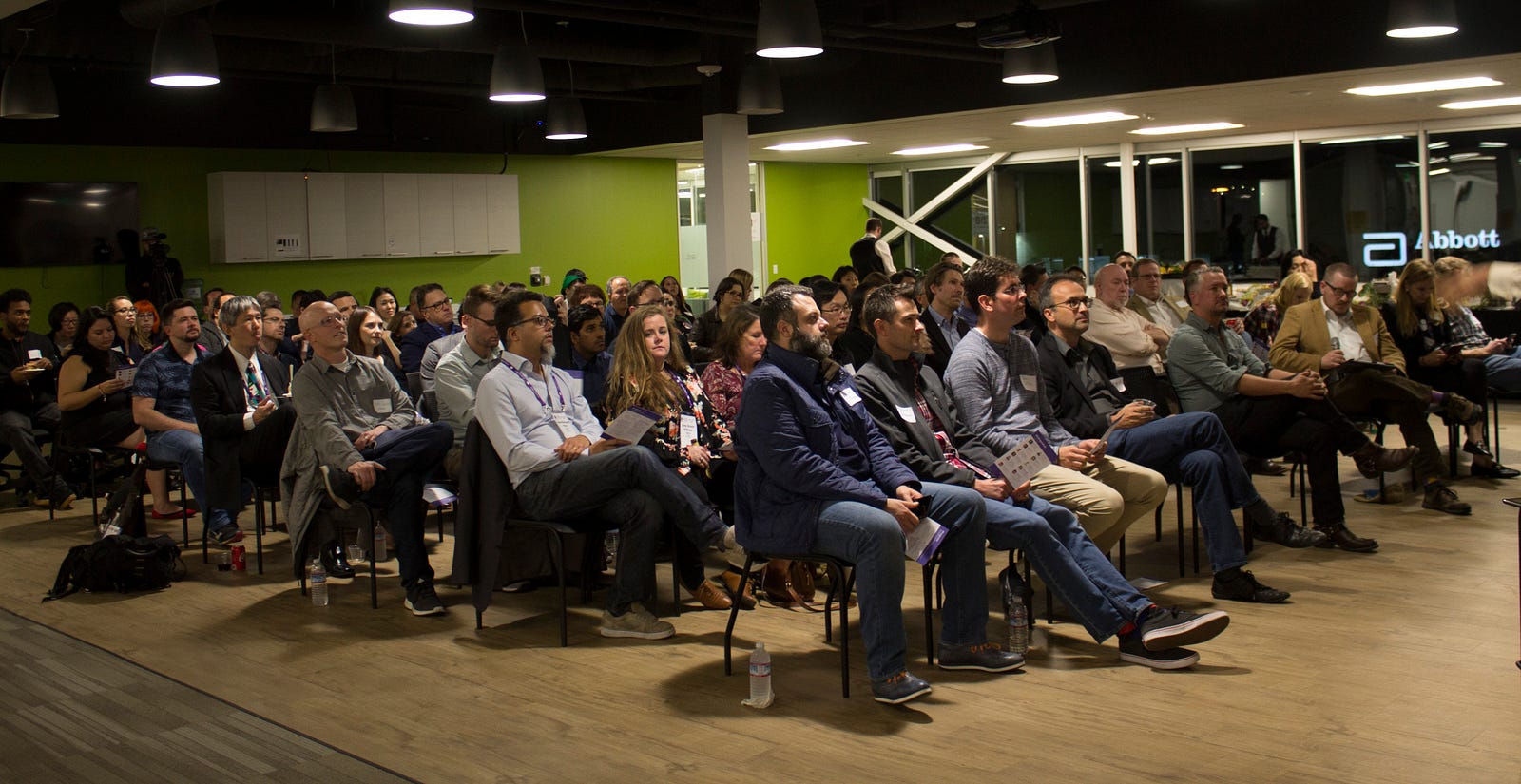The Future of Language Work: Enterprise, Technology, and Translation Professional Perspectives


Around 100 professionals from the language and technology industries came together in Santa Clara, CA last month to discuss the future of language work. The event, The Future of Language Work: Enterprise, Technology, and Translation Professional Perspectives, was hosted by translation startup, Lilt, and featured two panelist discussions on topics ranging from language technology advancements to the effect of globalization on translation demand.
Spence Green, CEO of Lilt, opened the night by reflecting on the purpose of hosting this event. Looking back to when Lilt began in 2015, Green and Lilt co-founder, John DeNero believed that the future would be richer and more exciting if everyone could communicate in their own language, so they began working on technologies that could make this a reality. However, Green noted that, at the time, there was a large gap between translation research and industry, and the conversations each were having about translation technology.
This first event was aimed at bridging that gap between research and industry professionals by bringing together leaders in the globalization, translation and AI-research communities to discuss current changes in language technology and their effect on the future of information access.
Green briefly highlighted Lilt’s own recent advancements, which included two product releases: a 4th generation CAT editor, designed to augment a translator’s productivity and the release of the first-ever Adaptive Neural Machine Translation system.
The first panelist discussion, entitled “The History of Machine Translation & The Future of Translation Technology” was moderated by Arle Lommel, a Senior Analyst at Common Sense Advisory. The panelist discussion focused on getting a realistic take on how the future of language work will evolve given advances in artificial intelligence. Panelists shared their opinions on hot topics such as zero-shot translation, while also reflecting on how past machine translation advancements shaped the present state of the industry.
The panel of experts included Melvin Johnson, a Software Engineer at Google, Franz Och, the Head of Data Science at Grail, Rob Munro, the VP of Machine Learning at Crowdflower, and Katie Botkin, the Managing Editor of Multilingual Magazine.
One particular question that was on the minds of many was regarding the rise of Neural Machine Translation and if this technology will replace human translators. While each panelist had a strong opinion on this topic, Och summed it up by simply stating, “It won’t happen in the near future.”
Watch the first panel discussion here.
Watch the second panel discussion here.
-%20Dark%20(14).png)


